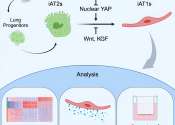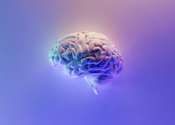Human neuron model paves the way for new Alzheimer's therapies
Weill Cornell Medicine scientists have developed an innovative human neuron model that robustly simulates the spread of tau protein aggregates in the brain—a process that drives cognitive decline in Alzheimer's disease ...
Apr 5, 2024
0
51







